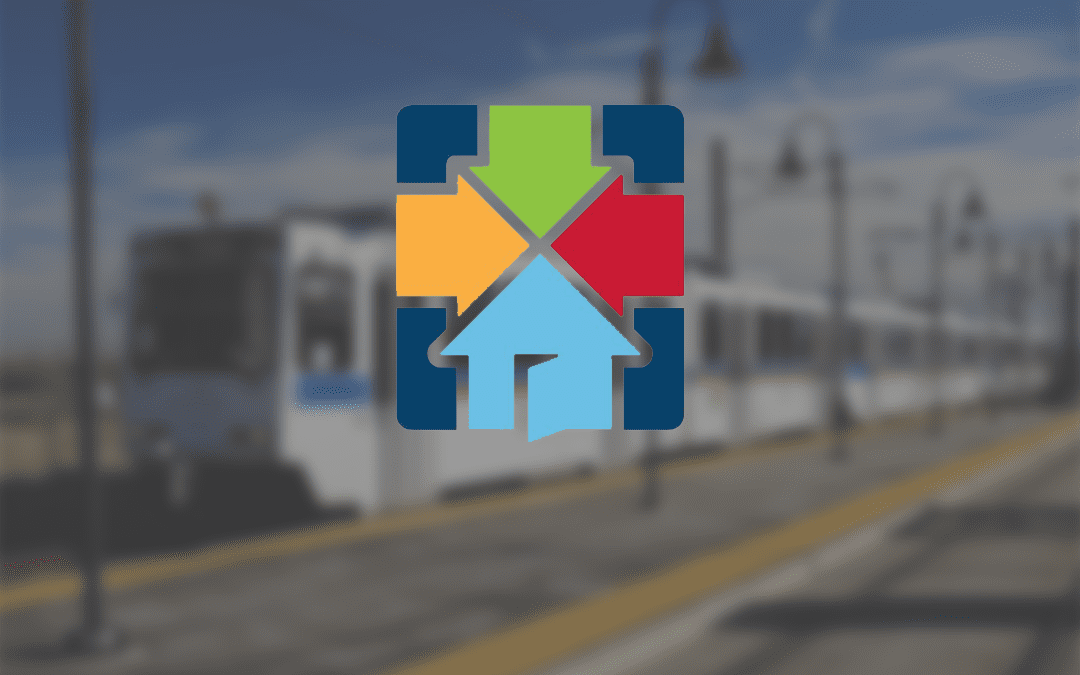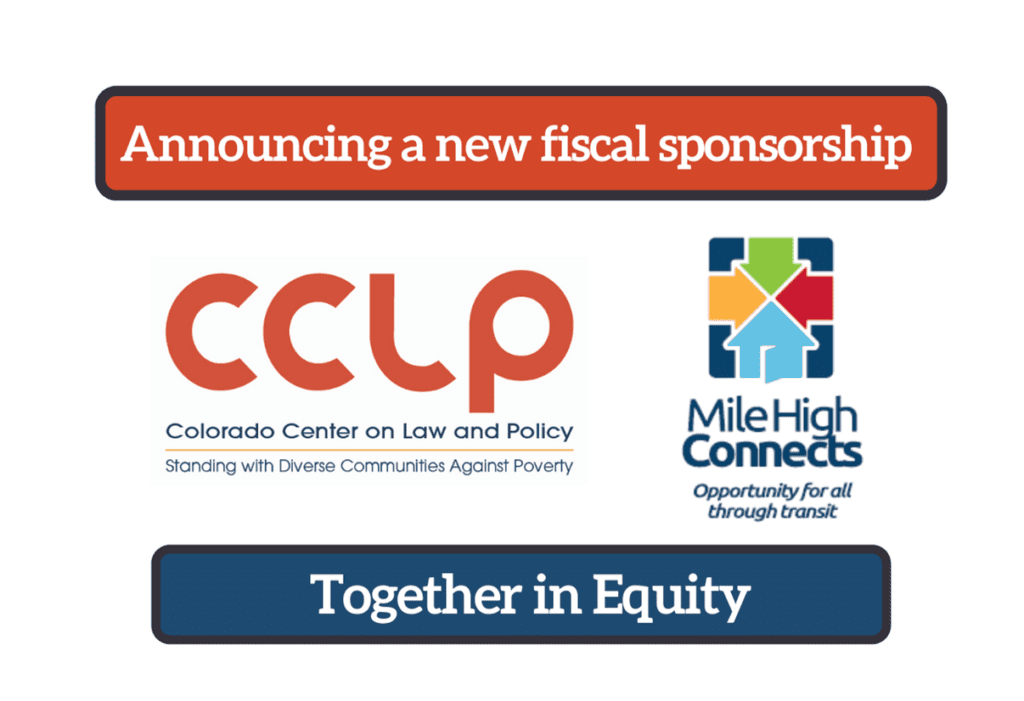Charles Brennan provided testimony in support of House Bill 24-1129, Protections for Delivery Network Company Drivers. CCLP is in support of HB24-1129.
Recent articles
CCLP testifies in support of TANF grant rule change
CCLP's Emeritus Advisor, Chaer Robert, provided written testimony in support of the CDHS rule on the COLA increase for TANF recipients. If the rule is adopted, the cost of living increase would go into effect on July 1, 2024.
CCLP testifies in support of updating protections for mobile home park residents
Charles Brennan provided testimony in support of House Bill 24-1294, Mobile Homes in Mobile Home Parks. CCLP is in support of HB24-1294.
CCLP’s legislative watch for April 5, 2024
For the 2024 legislative session, CCLP is keeping its eye on bills focused on expanding access to justice, removing administrative burden, preserving affordable communities, advocating for progressive tax and wage policies, and reducing health care costs.
NEWS RELEASE: CCLP to Serve as Fiscal Sponsor for Mile High Connects

Two nonprofit advocacy groups strongly committed to advancing racial equity and stemming poverty have joined forces in an agreement that promises to build a more equitable Colorado.
Colorado Center on Law and Policy (CCLP) agreed to become Mile High Connects’ (MHC) fiscal sponsor at the end of 2020. Under this agreement, CCLP will be the fiscal agent of MHC under its 501(c)(3), tax-exempt status.
The partnership will provide MHC with a fiscal home that is well-aligned to advance its objectives in affordable housing and economic equity. The agreement allows MHC to continue to robustly pursue its valuable mission as it always has, but with CCLP managing some of MHC’s administrative functions.

The MHC collaborative, which includes organizers, nonprofits and philanthropy, came together in 2011 to address affordable housing and transit equity. With a new focus on advancing racial and social equity, MHC’s research-informed mission is to prioritize and increase equitable investment into community-driven solutions by advancing collective action among nonprofits, community organizers and the private and public sector.
CCLP is a research, legislative and legal advocacy organization committed to advancing racial equity and economic security for Coloradans facing poverty. Since 1998, the nonprofit has worked with state agencies, policymakers, community leaders and elected officials to remove systemic barriers that keep Coloradans from thriving. The organization focuses on food access and security, access to quality affordable health care, safe and affordable housing and financial security.
“Our region is facing a critical moment when it comes to policies and decisions that will shape how we navigate the escalating risks facing Black, Brown and all communities of color and how we reimagine recovery from COVID-19,” says Deyanira Zavala, Executive Director of MHC. “We are excited to dig in with our long-time partners at CCLP and look forward to seeing the results of our efforts as we build a racially equitable, resilient region where community drives the solutions that are at the center of transformative systems.”
Tiffani Lennon, J.D., LL.M., Executive Director of CCLP, says she is delighted that CCLP will serve as a fiscal sponsor of MHC’s visionary work, and noted that the partnership is closely aligned with CCLP’s newly updated vision, mission and values.
“CCLP has been committed to stemming poverty with proven results and continues to explore ways to meet the growing needs of Colorado’s diverse communities,” Lennon says. “MHC comes to the table with a fresh outlook in community engagement and forging community-driven solutions for positive change. Together, we will be a powerful advocacy force during a time when racial and geographic disparities are painfully apparent and action is badly needed.”
Zavala notes that MHC’s advocacy and policy efforts to date have strengthened tenant protections, centered community, and brought community solutions to life. However, real change – systems change – requires sustained coordination and action that looks beyond the headlines.
“It’s up to us to be there to meet the moment,” she says.
In a recent opinion piece in Colorado Politics, Lennon encouraged state policy makers to “think bigger and re-imagine what is possible in Colorado,” adding to do that, “we need a collective plan of action to advance racial equity and to stem poverty.”
MHC previously operated with the fiscal sponsorship of The Denver Foundation (TDF).
For more information about the fiscal sponsorship, contact Tiffani Lennon at tlennon@copolicy.org or Deyanira Zavala at dzavala@milehighconnects.org.





